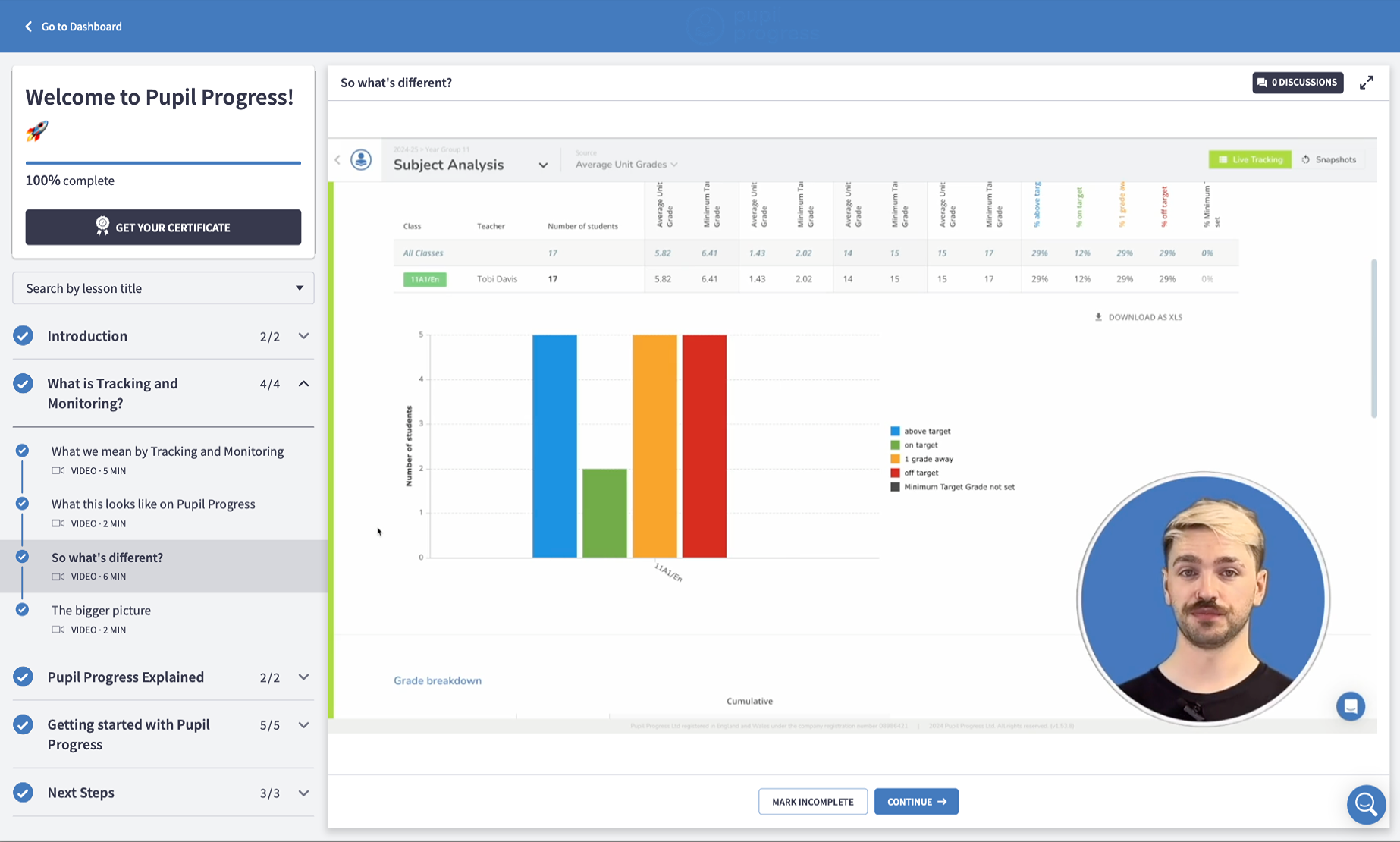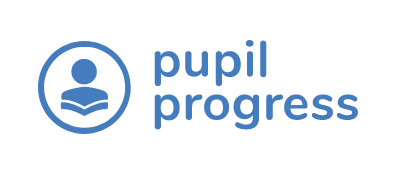Best Practices for Managing Student Data Across a Trust

For multi-academy trust leaders, managing student progress data across multiple schools presents a significant challenge. Setting up best practices is essential. This article explores key considerations and actionable strategies for trust leaders to enhance their data management approach.
A Clear Picture of Student Attainment and Progress
The first step in organising student data well is to make sure leaders can see student progress in real-time across all schools. Investing in data management systems can streamline this process and provide critical insights.
The Trust Dashboard: Tools like the Trust-Facing Dashboard on Pupil Progress offer live representations of all schools within a trust. This helps leaders make smart decisions based on data. It enables them to focus on specific actions and allocate resources to where they need them most.
Using Data Effectively for Individual Learning Pathways
Effective data use goes beyond tracking overall performance; it should drive personal learning experiences. While trust leaders often take a strategic, high-level view of student progress, their decisions can create the conditions for tailored learning pathways. Key approaches include:
Empowering educators with actionable feedback: Providing teachers with tools to generate individual student reports based on real-time assessment data helps refine learning approaches.
Subject-specific assessment strategies: Use flexible assessment tools that meet the needs of different subjects. This keeps day-to-day support consistent across the trust.
Investing in targeted interventions is important: High-quality, data-driven methods work better than just having many out-of-hours sessions. This approach helps improve academic performance.
Supporting teacher well-being: Creating mental health policies helps teachers feel empowered. This in-turn leads to better support for students.

Up-skilling Teams for Alignment and Consistency
Aligning processes across a trust requires a well-trained and confident workforce. Bringing school leaders together for training and networking days fosters collaboration and shared best practices.
Using the Pupil Progress Academy for professional development training helps educators make the most of data-driven decisions. This is important for successful implementation. The Pupil Progress Academy offers zero-cost training to both subscribing users and non-users looking to up-skill, providing:
Comprehensive up-skilling on data tracking and monitoring
Expert-led courses addressing frequently asked questions
Practical insights into optimising assessment and intervention strategies
By giving teams the right skills and knowledge, trust leaders make sure data management tools are used well. This improves efficiency, builds trust and boosts student success.

A Case Study: Impact in Action
An example of effective implementation is seen in The Active Learning Trust, led by CEO Lynsey Holzer. Through streamlined assessment processes and strategic data application, the trust improved student outcomes by 30% in just three months. This case study exemplifies the tangible benefits of structured data management and targeted interventions.
Final Thoughts
To manage student data well across a trust, you need the right tools, smart strategies, and skilled teams. By leveraging dashboards, focusing on personalised learning pathways, investing in educator development, and ensuring data-driven interventions, trust leaders can drive meaningful improvements in student outcomes.

Comments